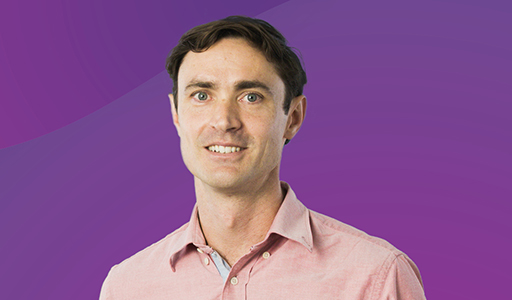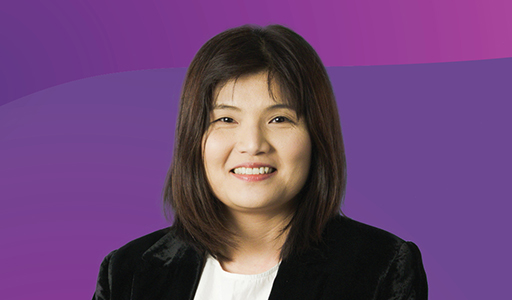The Cancer Clinical Research Network is striving to break down geographical boundaries – giving everybody who wants it access to potentially life-changing clinical trials.
Working across the Hunter New England region, this unique collaboration is positioning itself as a leader in trial recruitment and enrolment.
Why clinical trials?
Clinical trials provide the link between scientific research carried out in the laboratory and new treatments and care for patients.
For people with cancer, it can offer early access to new treatments.
Dr Fiona Abell, A/Director of Cancer Services at Hunter New England LHD, says a strong clinical trials program can benefit everybody.
“To have access to clinical trials means you potentially have patients accessing those treatments sooner than otherwise would have been available.”
For the region, it helps to strengthen all cancer services.
“Clinical trials are the way in which we get evidence to support the use of new therapies,” Dr Abell says.
Quality cancer care for the Hunter
“We know that we need to be getting more clinical trials to the people who need them,” says Dr James Lynam, Medical Oncologist at Calvary Mater Hospital.
“Unfortunately, not everyone is located in metropolitan Sydney, or even metropolitan Newcastle, and for those people we need to be able to improve access,” Dr Lynam explains.
Across the Hunter New England’s 131,785 square kilometres there are almost 1 million people.
The Cancer Clinical Research Network was established to support a portfolio of cancer clinical trials across the region – giving all residents access to the best possible treatment and care. First formed in 2007 under an initiative funded by the Cancer Institute NSW, it now comprises eight clinical trials units in specialised fields and key locations.
“We need to be able to attract clinical trials here for the betterment of our patients. The best way to do that was to demonstrate as a network that we can perform well,” Dr Lynam says.
“It was a meeting of minds to try and address various challenges that we face locally, and to try and improve how we manage clinical trials, and get people onto clinical trials.”
<
In 2019-2020, the Cancer Clinical Research Network robustly recruited to investigator-initiated cancer treatment trials, positioning itself as the leader of enrolments.
The Network had 119 participants enrolled to investigator-initiated trials of novel drugs in medical oncology and haematology as well as radiation oncology and surgery. In addition, many units engaged in phase I trials, dramatically impacting local participants who no longer need to travel long distances for these specialised trials.
“It shouldn’t depend on your postcode where you get access to a clinical trial,” says Rosemary Carroll, Clinical Trials Unit Manager at John Hunter Hospital.
“From Tamworth to Taree to Newcastle, we work really hard to be able give people access to clinical trials. We have very dedicated and smart people working in cancer clinical trials across the Hunter … from medical oncologists, surgeons and radiation oncologists to trial coordinators and scientists in the lab.
“But for me the largest part that makes it successful is that patients – the people of Hunter New England – rarely say no to participating in our research. We couldn’t do it without them.”
Dell's story
Kathleen Adele Parrott, better known as Dell, has experienced the impact of cancer firsthand. The 82-year-old from Rutherford was diagnosed with stage three oesophageal cancer.
“First I was sent to a specialist at John Hunter – because they thought I could have the operation and have the cancer removed that way. But the specialist thought that I was far too old, and I wouldn’t recover from it. So then they sent me over here to the Mater.”
It was there, last September that she was introduced to the PALEO study. It is a trial involving radiation and immune treatment, designed locally for people with oesophageal cancer.
“I met Dr Day and Professor Martin, and they told me about the trial and asked me if I would do it – I said yes. They offered me a quality of life.” Dell says. “After that I just started having the treatment.”
The difference it made went beyond what she could have hoped for.
“When they went in again with the camera, they found the cancer had gone. Professor Martin came to show me and he said: ‘it’s gone’. I thought at the time: ‘what’s gone?’ Then he showed me [the scan], and it was so pleasing.” Dell is grateful she participated in the trial, as she now has a better quality of life and more time to spend with her loved ones.





